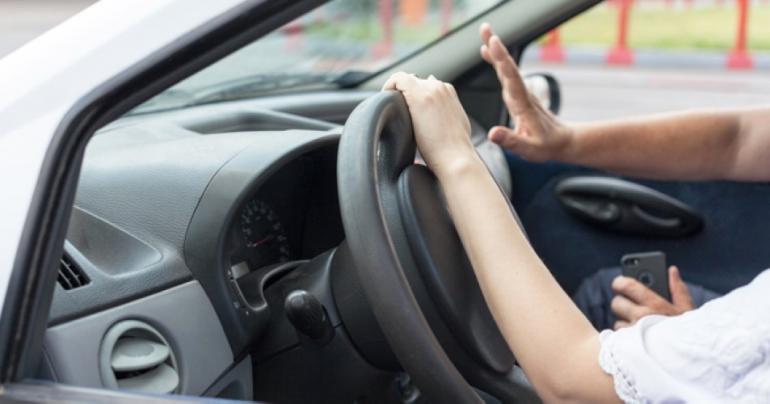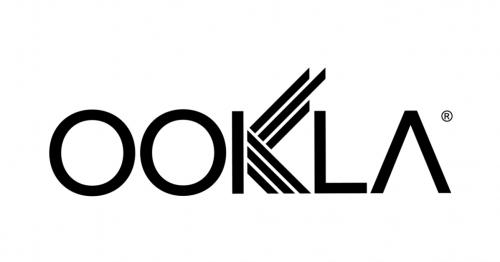‘Real’ driving schools to protect learners: Consumer watchdogs in Oman
Consumer watchdogs in Oman want to create “real” driving schools to regulate the industry and protect learner drivers.
The Public Authority for Consumer Protection (PACP) says it has received “several” complaints from residents about driving instructors who take money but do not turn up for lessons and offer lessons in substandard cars.
The watchdog wants to set up professional driving schools so that new drivers are taught properly, making them less likely to cause accidents in future.
“The authority has received several reports on this matter, and the cases have been referred to the concerned authorities,” said Waleed Al Rawahi, manager of the complaints department at PACP.
“However, the authority hopes to establish real driving schools through which the profession of driving instruction would be regulated, and to provide specialised training sites and establish the required regulations for this training, with official contracts between the parties that involve clear explanation and details, in order to avoid any damage that can be attributed to the driving learner, in order to protect his/her rights.”
It is a move that has been welcomed by Ali Al Barwani, head of Oman’s Road Safety Association.
“This is a good move, as across the world, most road accident victims are between the ages of 18 and 35, and this is because they are not taught proper driving,” he told Times of Oman.
“There is a lack of driving schools in Oman, and most instructors have been given permits to teach people to drive. There needs to be a proper system of educating instructors and that has to start at the beginning.
“The students in Oman have just finished their exams and so there will be a new batch of 17 and 18-year-old who will be looking to learn to drive,” added Al Barwani. “In the meantime, I ask all new learners to first check cars by taking a test drive in them to find out how they handle, and only then sign for classes.”
A local school contacted by Times of Oman also supported the move to proper schools.
“The advantage of going to a school is that there is accountability involved,” said the school’s manager. “We have heard of many people who pay money to private instructors, after which they never show up. If you sign up with a school, though, you can always lodge a complaint and you are guaranteed a trainer.
“Also, the method of instruction is standardised, because all learners are put through a training programme run by the ROP, and it’s not that easy to pass this, so you are guaranteed good quality instruction,” he added.
The same sentiments were echoed by a spokesman for the ROP, who said, “It is not so easy to become a driving instructor, because apart from taking a course, you have to ensure your cars have the right modifications. These vary according to the type of instruction, from light vehicles, to heavy vehicles, and even disability-enabled ones.
“We will not authorise anyone to teach driving unless they’ve applied changes such as the additional brake pads, ensuring the pedals are in proper working condition, and of course, going through the proper procedures. It’s not possible for someone with a private car to become an instructor overnight.”
Residents in Oman welcomed PACP’s efforts.
“If you have so many private instructors, you cannot ensure that all of them are doing their job properly,” said one resident. “But if you have only 10 or 12 driving schools, it makes it easier for them to ensure that the proper standards are being followed. Plus, it makes schools more accountable, and this provides a sense of relief to learners as well.”
“I had to switch instructors twice, because I’d keep calling the previous one and they never answered the phone, after I’d given them money,” added another. “I spent more than OMR1,000 and took about a year to get my licence. A school means things are easier to access, and it’ll make things less confusing and painstaking for the student.”
Ahmed Al Salmi test drives Formula One cars for French outfit Renault. With plenty of experience behind the wheel, he knows just how important it is to learn to drive the right way.
“If you are not taught to drive the right way, that will influence the way you drive for a while, and because these lessons form the basics of driving, it will take about four or five years before you fully correct that, but that is a very long time,” he explained. “This could lead to nervousness on the roads and many accidents could happen.”
Share This Post






